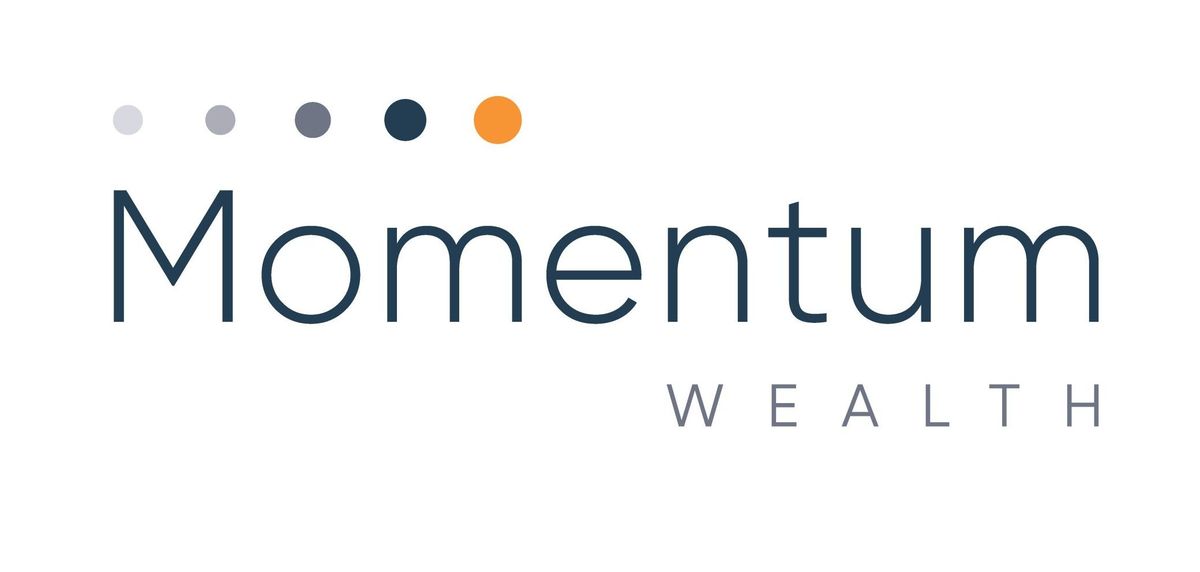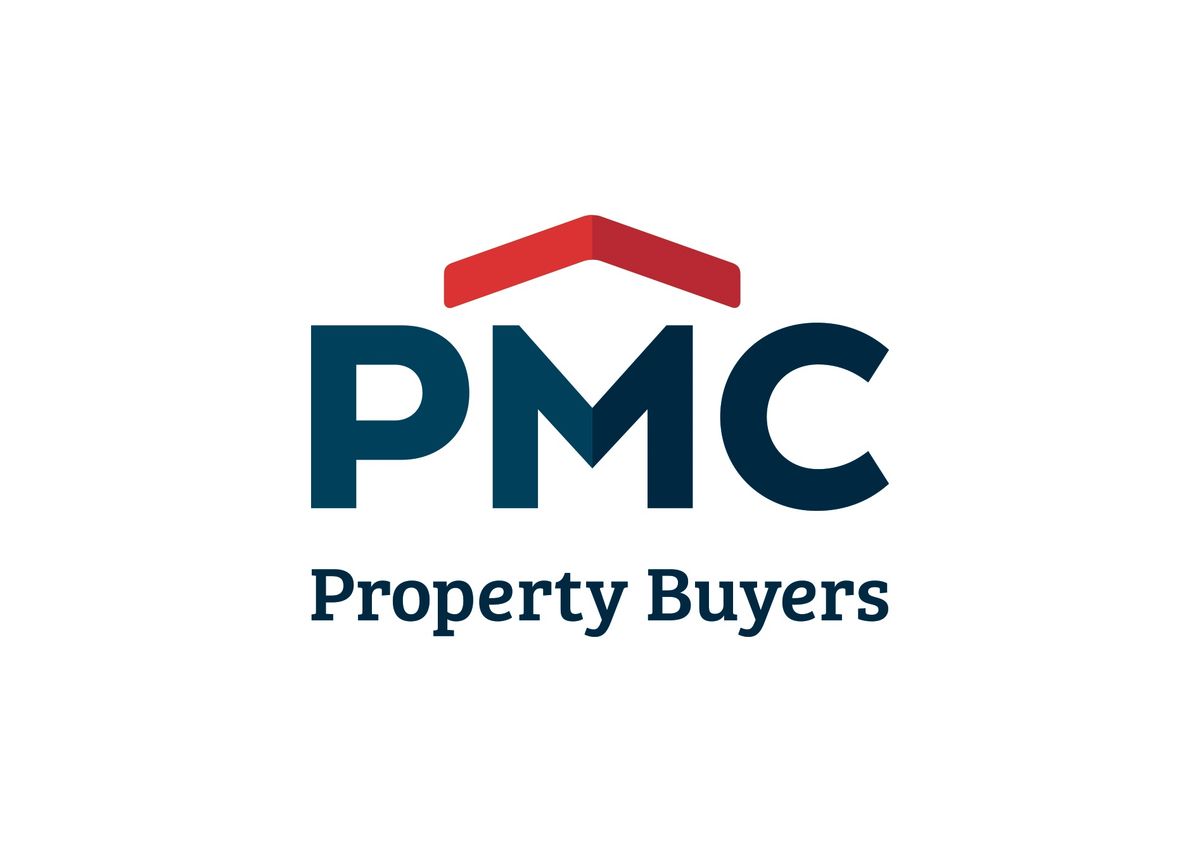A quiet revolution is reshaping Australia's property marketing landscape in 2025, as innovative real estate agents bypass traditional advertising platforms costing thousands of dollars in favour of free social media content that delivers superior results. At the forefront of this disruption is agent Luke Saville, who has sold six properties exclusively through TikTok and Instagram, saving vendors up to $25,000 in marketing costs while achieving above-asking-price sales.
This shift represents more than just cost savings; it signals a fundamental change in how Australians discover and engage with property, driven by younger demographics, changing consumption habits, and the limitations of traditional advertising platforms.
The Traditional Advertising Cost Crisis
Australia's property marketing costs have reached unsustainable levels for many sellers, creating opportunities for innovative agents willing to embrace social media alternatives.
REA Group's Premium Pricing
realestate.com.au charges substantial fees that have increased dramatically over recent years:
- Premium listings: Up to $5,000+ in Sydney's premium markets
- Standard suburban costs: $2,500+ per property in areas like Cranbourne
- Recent increases: Up to $500 per listing increase implemented in March 2023
- Historical growth: 5,000% increase over 15 years (from $75 in 2009 to current levels)
The Australian Competition and Consumer Commission (ACCC) is currently investigating REA Group's pricing practices, reflecting widespread industry concerns about cost escalation and market dominance.
Domain's Competitive Pricing
Domain Holdings maintains significant pricing power as Australia's second-largest property portal:
- Listing costs: $1,500-$3,000 depending on property price and location
- Market position: Leveraging competitive positioning against REA Group
- Combined impact: Dual-platform advertising often exceeds $7,000
Total Marketing Investment
When combined with other marketing services, traditional property advertising represents substantial investment:
- Average total marketing: $6,000-$20,000 per property
- Premium properties: Up to $25,000 (example: $2M Randwick property cost $8,000 for REA fees alone)
- Albert Park case study: $12,000 total marketing budget, with REA fees of $8,799
For many property owners, these costs represent 0.5-1% of the property's value, creating strong incentives to explore alternatives.
The Social Media Alternative: Luke Saville's Success Story
Luke Saville from The Agency has emerged as Australia's leading example of social media property marketing success, demonstrating that strategic content creation can outperform traditional advertising.
Documented Sales Success
Saville's track record includes six properties sold exclusively through social media in recent months:
Hawthorn East Success: 2/1 Brookfield Court sold for $523,000 (above $500k asking price) within 5 days via TikTok promotion
Interstate Buyer Attraction: Hawthorn apartment purchased for $690,000 by Queensland buyer who discovered the property through TikTok
Bidding War Creation: Kew property sold for $711,000 (from $680k asking price) following TikTok-generated bidding competition
Exceptional Engagement: Hawthorn apartment post achieved 325,000 views on Instagram alone with 2,600 shares before selling above asking price
Methodology and Strategy
Saville's approach demonstrates the power of simplicity and authenticity:
- Content format: Simple 30-45 second walk-through videos
- Platform strategy: Simultaneous posting to TikTok and Instagram
- Cost structure: Zero advertising spend (free organic content)
- Sales approach: Off-market sales directly through social media leads
This methodology challenges traditional assumptions about property marketing complexity and cost requirements.
Performance Comparison
The contrast between traditional and social media marketing results is striking:
- Social media reach: 325,000 views on single Instagram post
- Traditional reach: Typical REA/Domain listings receive 5,000-6,000 views
- Lead generation: More leads from 3 months of TikTok than previous 6 open houses combined
- Sales timeline: Properties selling within days rather than weeks
Australia's Social Media Landscape: The Foundation for Disruption
Understanding Australia's social media adoption provides context for property marketing's digital transformation.
Platform Penetration and Usage
TikTok's Australian Presence:
- Active users: 8.5 million monthly (41.5% penetration rate)
- Daily usage: 1.5 hours average per user
- Monthly engagement: 38 hours 51 minutes (nearly double YouTube's 21 hours 58 minutes)
- Business adoption: 350,000 Australian businesses actively using TikTok
Broader Social Media Adoption:
- Facebook: 77.7% of adult population
- Instagram: 65.2% of adult population
- WhatsApp: 48.3% of adult population
- TikTok: 44.1% of adult population
Engagement Performance
Social media platforms deliver superior engagement compared to traditional advertising:
- TikTok engagement rates: 3.85% overall (14% year-over-year increase)
- Small account performance: 7.50% engagement rate for accounts under 100K followers
- Educational content: 9.5% average engagement (highest performing category)
- Optimal video length: Under 15 seconds achieves 32% more engagement
Target Demographic Alignment
Property-relevant demographics show strong social media adoption:
- Millennials and Gen Z: Primary first-home buyer demographics with highest platform usage
- Geographic reach: Interstate buyers increasingly discovering properties through social platforms
- Content consumption: Preference for video content over static images and text
Cost Analysis: Traditional vs Social Media Marketing
Traditional Marketing Investment
Comprehensive Cost Breakdown:
- REA + Domain combined: $5,500-$7,000 listing fees
- Professional photography: $500-$1,500
- Styling and presentation: $1,000-$3,000
- Print advertising: $1,000-$2,000
- Signage and materials: $500-$1,000
- Total investment: $10,000-$25,000 for comprehensive campaigns
Per-Impression Costs: Traditional advertising typically achieves higher per-impression costs due to limited organic reach and platform fees.
Social Media Marketing Investment
Organic Content Strategy (Luke Saville model):
- Content creation: $0 (agent-produced videos)
- Platform posting: $0 (free organic reach)
- Equipment requirements: Smartphone camera sufficient
- Total cost: Minimal time investment only
Professional Social Media Management:
- Monthly management: $770-$7,700 for professional services
- Facebook/Instagram advertising: $14-$22 CPM (cost per 1,000 impressions)
- ROI performance: $2 return for every $1 spent on targeted advertising
Savings and ROI Analysis
Documented Savings:
- Luke Saville's vendors saved $20,000-$25,000 in traditional marketing costs
- Properties achieving above-asking-price sales despite zero advertising spend
- Faster sales cycles reducing holding costs and settlement risks
Performance Metrics:
- Reach efficiency: 50-65x higher reach per dollar spent
- Engagement quality: Higher engagement rates translate to more qualified inquiries
- Geographic expansion: Interstate buyer attraction without additional costs
The Broader Industry Transformation
Agent Adoption Patterns
Early Adopters: Younger agents and boutique agencies leading social media adoption Established Agencies: Gradual integration of social media alongside traditional methods Resistance Factors: Older demographics within industry slower to adopt new approaches
Buyer Behaviour Changes
Discovery Patterns: Social media increasingly competing with search for property discovery Engagement Preferences: Video content preferred over static property photography Interstate Activity: Social media enabling remote property discovery and purchase decisions
Platform Evolution
TikTok Professional Growth: Platform no longer limited to under-25 demographics Instagram Real Estate: Reels and Stories becoming primary property marketing formats YouTube Integration: Longer-form content for detailed property walkthroughs
Success Factors for Social Media Property Marketing
Content Strategy Fundamentals
Authenticity Over Production Value:
- Simple, unedited walkthroughs often outperform professional videos
- Genuine commentary and personality development crucial for follower growth
- Behind-the-scenes content building agent credibility and trust
Platform-Specific Optimization:
- TikTok: Short-form, entertaining content with trending audio
- Instagram: Mix of Stories, Reels, and carousel posts for different audience segments
- Facebook: Community-focused content and local market insights
Technical Execution
Video Production Basics:
- Lighting: Natural light preferable to artificial lighting
- Stability: Handheld acceptable, but smooth movement essential
- Audio: Clear commentary more important than background music
- Duration: 30-45 seconds optimal for property walkthroughs
Posting Strategy:
- Timing: Peak engagement hours typically 7-9pm weekdays
- Frequency: Consistent posting schedule more important than volume
- Cross-platform: Simultaneous posting across platforms maximizes reach
Legal and Compliance Considerations
Disclosure Requirements: Social media content must comply with real estate advertising regulations Privacy Concerns: Vendor consent essential for property footage and posting Professional Standards: Agent licensing requirements apply to social media marketing
Challenges and Limitations
Platform Dependencies
Algorithm Changes: Social media platforms can modify reach algorithms affecting organic performance Content Lifecycle: Posts have limited lifespan compared to traditional listing duration Platform Stability: Reliance on external platforms creates business continuity risks
Market Segment Limitations
Demographic Gaps: Older buyers may prefer traditional discovery methods Property Types: Luxury and commercial properties may require different marketing approaches Geographic Variations: Regional markets may have different social media adoption rates
Professional Development Requirements
Skill Development: Agents require new competencies in content creation and social media management Time Investment: Building social media presence requires consistent effort and engagement Technology Adaptation: Keeping current with platform changes and optimization techniques
Future Implications and Market Evolution
Industry Transformation Predictions
Traditional Platform Response: REA Group and Domain likely to integrate more social features Agent Specialization: Emergence of social media property marketing specialists Cost Restructuring: Potential pressure on traditional advertising pricing models
Technology Integration
Artificial Intelligence: AI tools for content creation and audience targeting Virtual Reality: Enhanced property viewing experiences through social platforms Live Streaming: Real-time property tours and auction broadcasts
Regulatory Considerations
Platform Regulation: Potential government intervention in social media advertising Professional Standards: Industry bodies adapting guidelines for digital marketing Consumer Protection: Enhanced disclosure requirements for social media property promotion
Strategic Recommendations for Property Professionals
For Real Estate Agents
Immediate Actions:
- Experiment with short-form video content creation
- Develop consistent posting schedule across platforms
- Monitor competitor social media strategies and performance
Medium-term Development:
- Invest in professional social media training or consultation
- Build authentic personal brand through content marketing
- Develop network of social media savvy vendors and buyers
For Property Buyers
Social Media Research Strategy:
- Follow local agents and agencies on relevant platforms
- Use platform search functions to discover off-market opportunities
- Engage with content to improve algorithm-driven property suggestions
Due Diligence Considerations:
- Verify agent credentials and licensing for social media discovered properties
- Conduct traditional inspections despite social media discovery
- Understand the value of professional representation in negotiation and purchase processes
For Property Investors
Market Intelligence:
- Monitor social media for emerging suburb trends and agent activities
- Track successful social media campaigns for market timing insights
- Use platform analytics to understand buyer demographic shifts
Investment Strategy Integration:
- Consider properties marketed exclusively through social media for potential value opportunities
- Evaluate agent social media presence when selecting representation
- Leverage social media for portfolio marketing when divesting properties
The Role of Professional Guidance in Digital Disruption
While social media creates new opportunities for property discovery and marketing, the complexity of property transactions still requires professional expertise. The emergence of platforms like PropertyGo becomes increasingly valuable in helping buyers navigate this evolving landscape, connecting them with agents who understand both traditional market dynamics and digital marketing innovations.
Buyers discovering properties through social media still benefit from professional representation in negotiation, due diligence, and transaction management. The key is finding agents who combine digital savvy with deep market knowledge and proven track records.
Conclusion: The Future of Property Marketing
The disruption of traditional property advertising by social media platforms represents more than just cost savings; it signals a fundamental shift in how Australians engage with real estate. Luke Saville's success selling properties for above asking price through free social media content, while saving vendors $20,000-$25,000 in traditional marketing costs, demonstrates the transformative potential of this approach.
Key factors driving this transformation include:
- Unsustainable traditional costs: REA Group's $4,000+ fees and Domain's $1,500-$3,000 charges create strong incentives for alternatives
- Superior engagement: TikTok's 38 hours monthly usage and Instagram's video-first approach deliver better audience connection
- Demographic alignment: Younger buyer demographics preferring social media discovery over traditional search methods
- Geographic expansion: Interstate buyers discovering and purchasing properties through social platforms
The implications extend beyond individual transactions to industry-wide transformation. Traditional platforms face pressure to justify pricing while social media platforms continue improving their real estate marketing capabilities. Agents who master both digital marketing and traditional market expertise will likely capture disproportionate market share.
For property buyers and investors, this evolution creates both opportunities and challenges. Social media can provide access to off-market properties and innovative agents, but the need for professional guidance in navigating complex transactions remains crucial.
The property marketing landscape of 2025 rewards innovation, authenticity, and digital engagement while maintaining the fundamental importance of market knowledge, negotiation skills, and transaction expertise. Success increasingly requires balancing cutting-edge marketing approaches with proven professional standards.
Sources: Elite Women Real Estate, The Agency case studies, ACCC market analysis, Social media platform statistics, Australian property marketing industry reports








